Despite being cut from a scene in the Beatles‘ 1964 film A Hard Day’s Night as a young teen, and again years later from a session piece he recorded for George Harrison‘s All Things Must Pass that never made the album, Phil Collins always loved the band and said “All My Loving” would be a song he’d take to a deserted island.
“The Beatles were the reason I’m in this business,” Collins told BBC in 1993. “Although I’ve been playing the drums since I was 5, it was The Beatles that suddenly gave me a purpose. This, I think, sums up that early-mid ’60s feeling from me when I was in school, really loving it.”
He even named the band’s 1966 album Revolver one of his favorite albums. “There is also a great consistency throughout the record [‘Revolver’],” said Collins. “With vinyl albums, you would have big moments like the end of side one, the beginning of side two, and the end of the record, and with something like ‘Revolver’ you would listen to it with great care, from the beginning to the end. With CDs, that process has gone.”
Videos by American Songwriter
[RELATED: The 2 Times Phil Collins Was Ousted From a Beatles Project]

John Lennon’s “Throwaway” Song
In terms of songwriting, Collins called the Beatles’ shortest Revolver track “And Your Bird Can Sing” one of the best. “‘And Your Bird Can Sing’ is one of the best songs ever written,” said Collins, ” and it’s only a minute and a half long.”
Despite being included in Revolver, and its lush arrangement of vocal harmonies and twin lead guitar medley by Paul McCartney and Harrison, John Lennon considered “And Your Bird Can Sing” one of the worst he had ever written. He even called the song, which had a working title of “You Don’t Get Me” at first, “another one of my throwaways.” In a 1980 interview with Playboy, Lennon also called the song “fancy paper around an empty box.”
Though Lennon rarely talked about “And Your Bird Can Sing,” it has been speculated that it could have been a jab at Mick Jagger, who was always talking about how his “Bird” (“Girl”) and girlfriend at the time, Marianne Faithfull, could sing. Another theory from Jonathan Gould’s 2007 book Can’t Buy Me Love, is that “And Your Bird Can Sing” was inspired by something Frank Sinatra said in an interview with Esquire in 1966. Apparently “Bird” was Sinatra’s favorite word and he’d often ask friends “How’s your bird?”
Lennon may have come across the articles through a press release sent out by Sinatra’s publicist that read: “If you happen to be tired of kid singers wearing mops of hair thick enough to hide a crate of melons. ‘Tell me that you’ve heard every sound there is,’ crooned the world’s greatest kid singer in his enigmatic reply, ‘and your bird can swing. But you can’t hear me. You can’t hear me.’”
Though open to interpretation, lyrically, it revolves around placing an importance on material things, and how they can eventually weigh you down.
Tell me that you’ve got everything you want
And your bird can sing
She don’t get me
You don’t get me
You say you’ve seen seven wonders
And your bird is green
But you can’t see me
You can’t see me
When your prized possessions
Start to weigh you down
Look in my direction
I’ll be ’round, I’ll be ’round
When your bird is broken
Will it bring you down?
You may be awoken
I’ll be ’round, I’ll be ’round
“And Your Bird Can Sing” was ultimately made all in good fun as an earlier discarded version of the song attested to. Recorded on April 20, 1966, the first version of “And Your Bird Can Sing” was done in the style of the Byrds, and was released 30 years later on the Beatles’ 1996 compilation Anthology 2.
On that first recording, Lennon and McCartney can be heard hysterically laughing their way through the song and barely singing. The same version was later released (without the laughing) on the 2022 Super Deluxe Edition of Revolver.
Photo: BSR Agency/Gentle Look via Getty Images

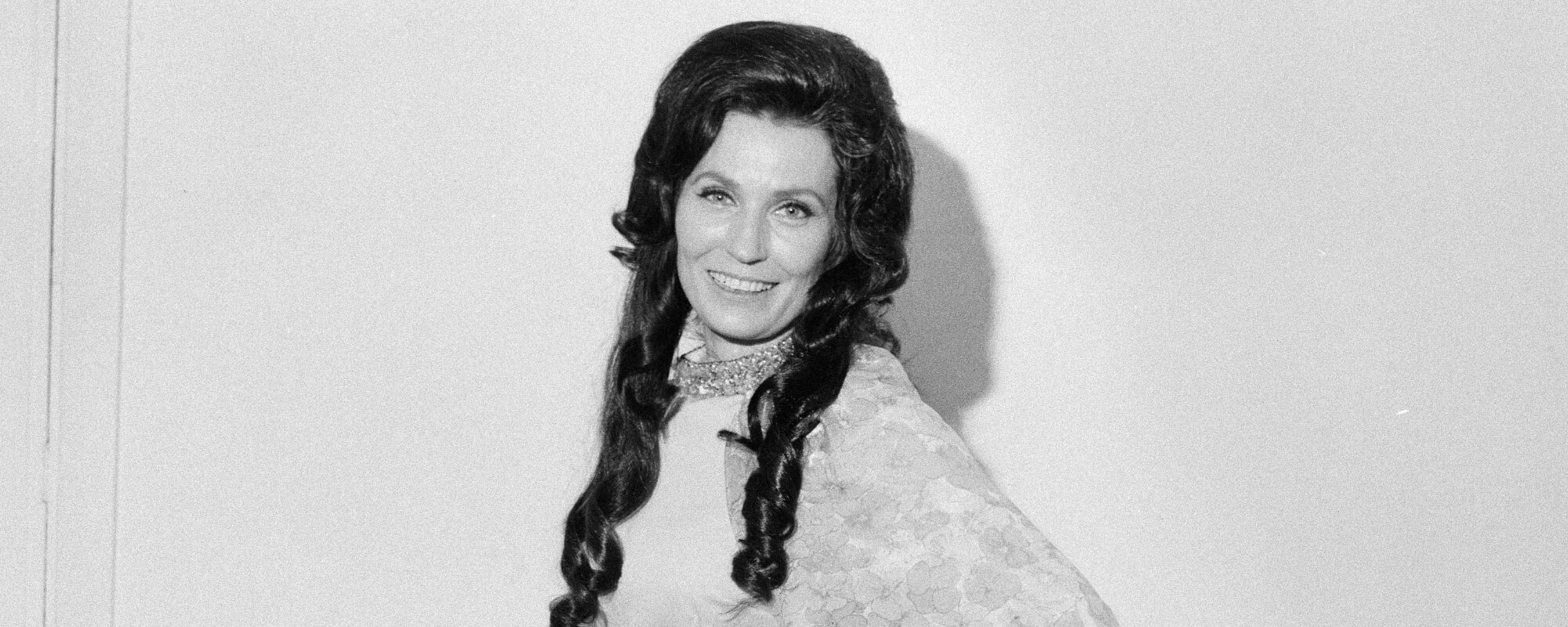
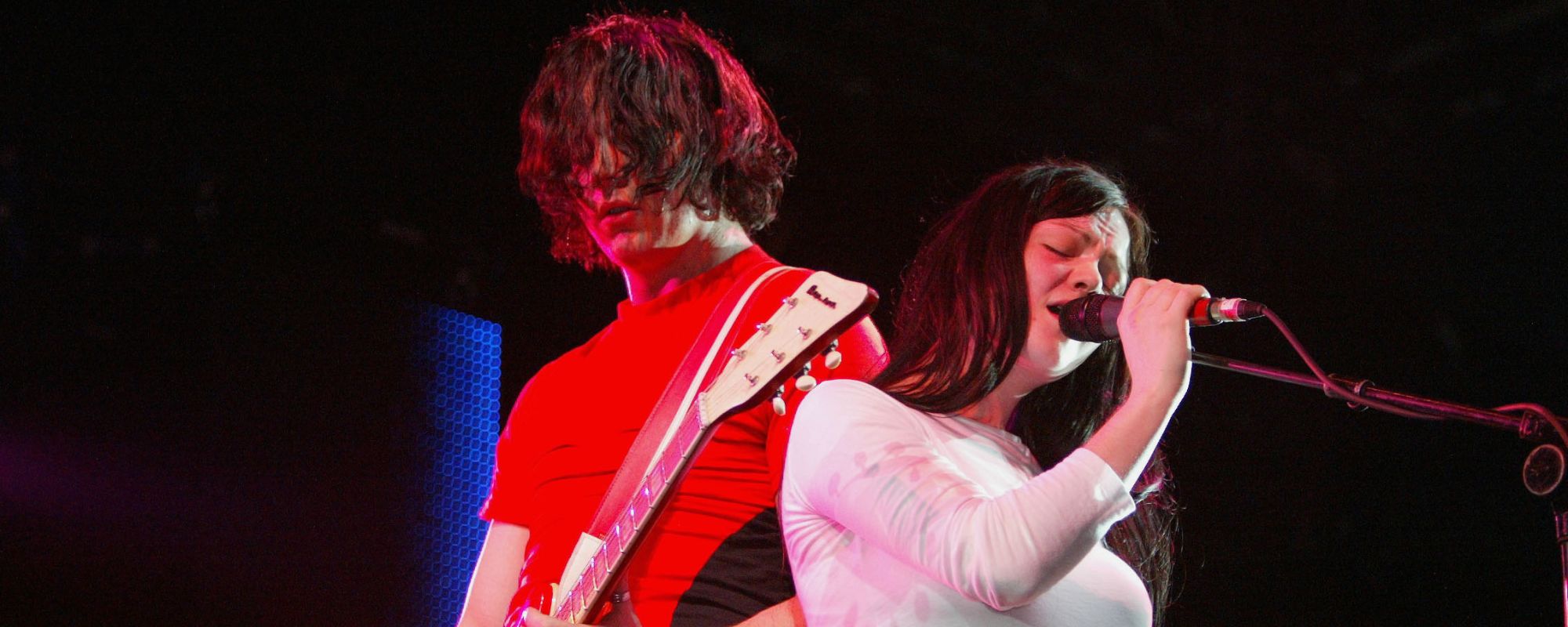
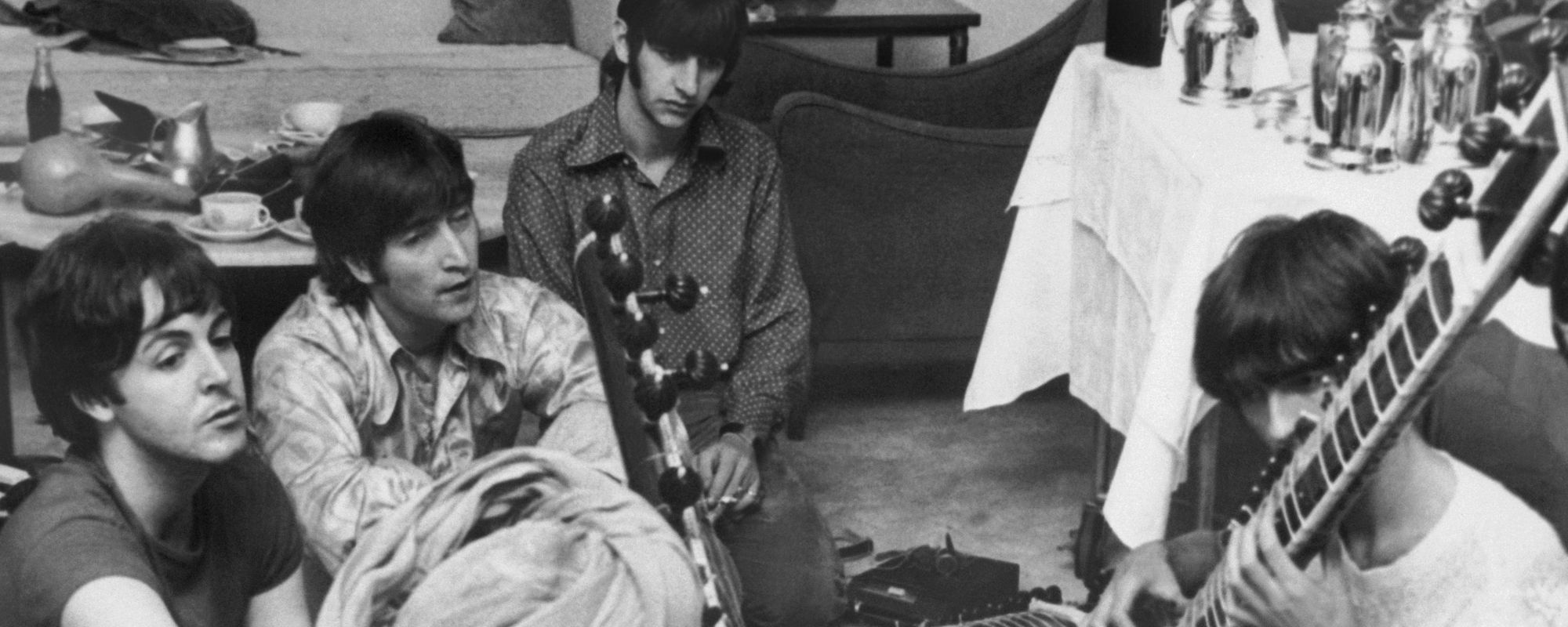
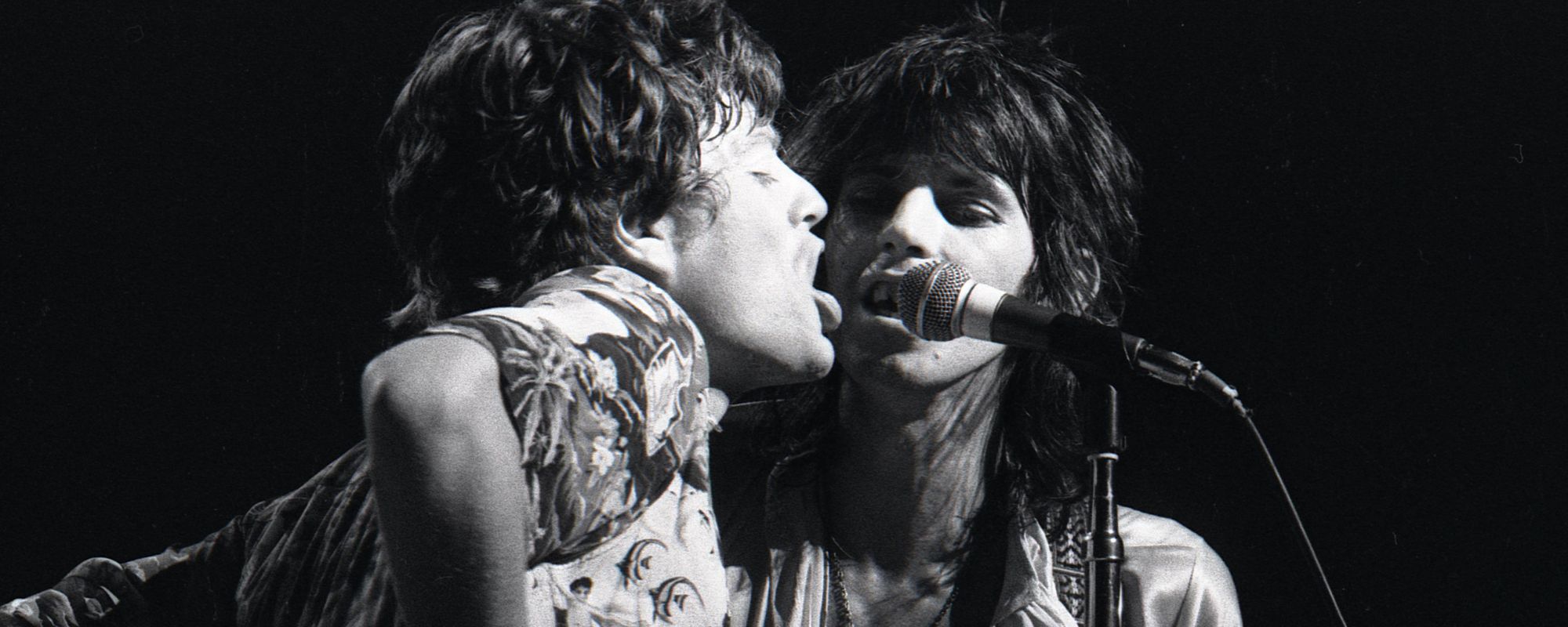





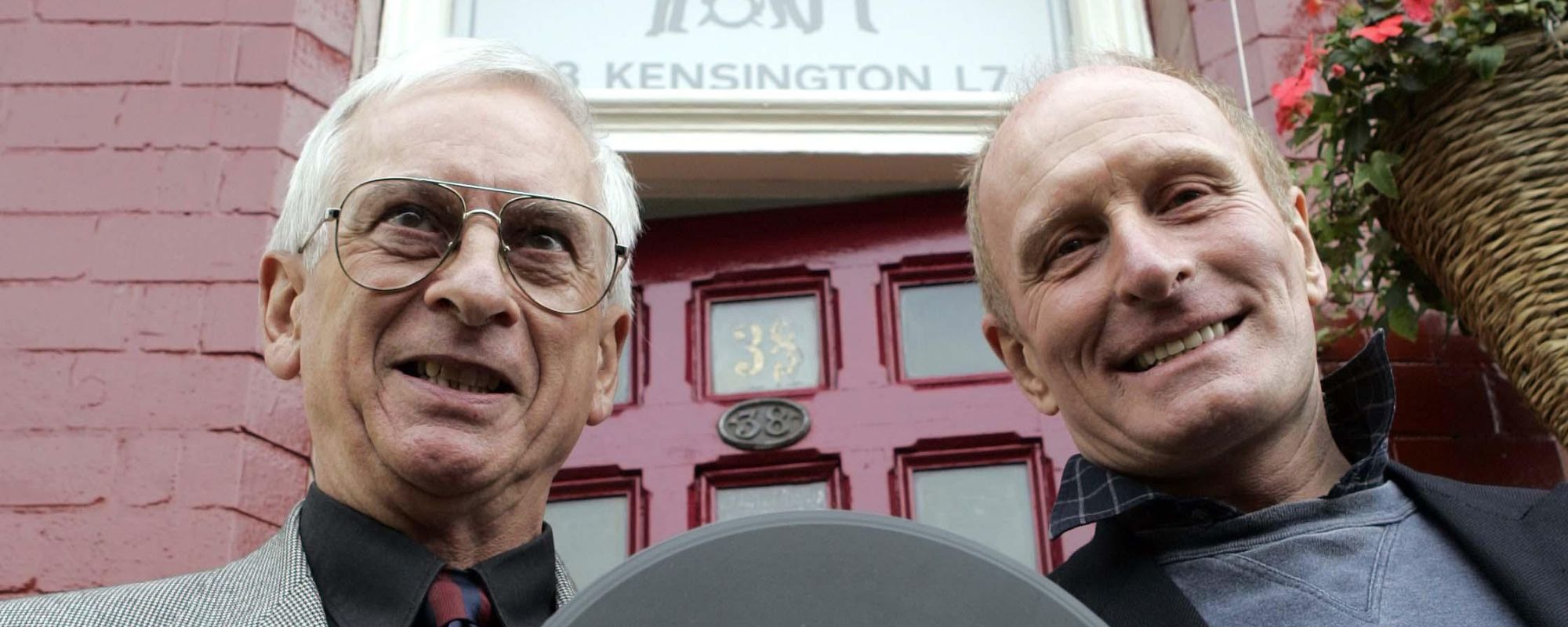

Leave a Reply
Only members can comment. Become a member. Already a member? Log in.